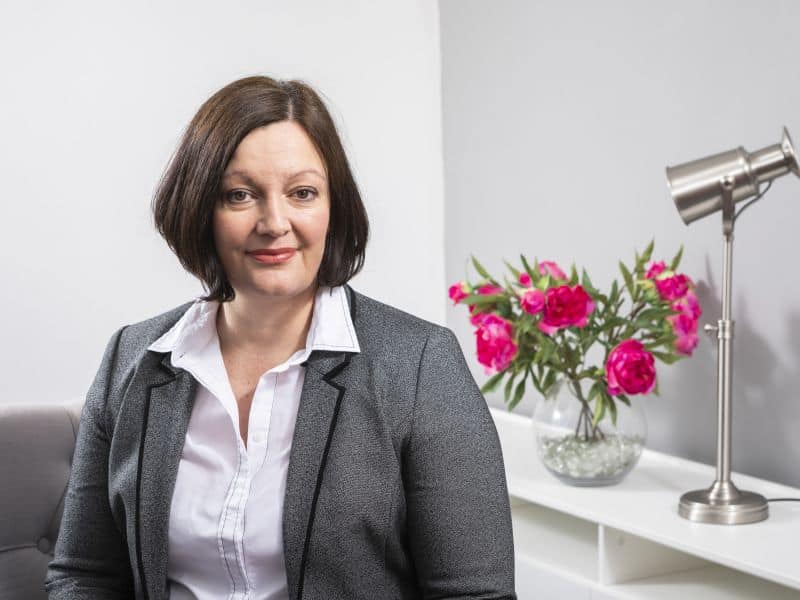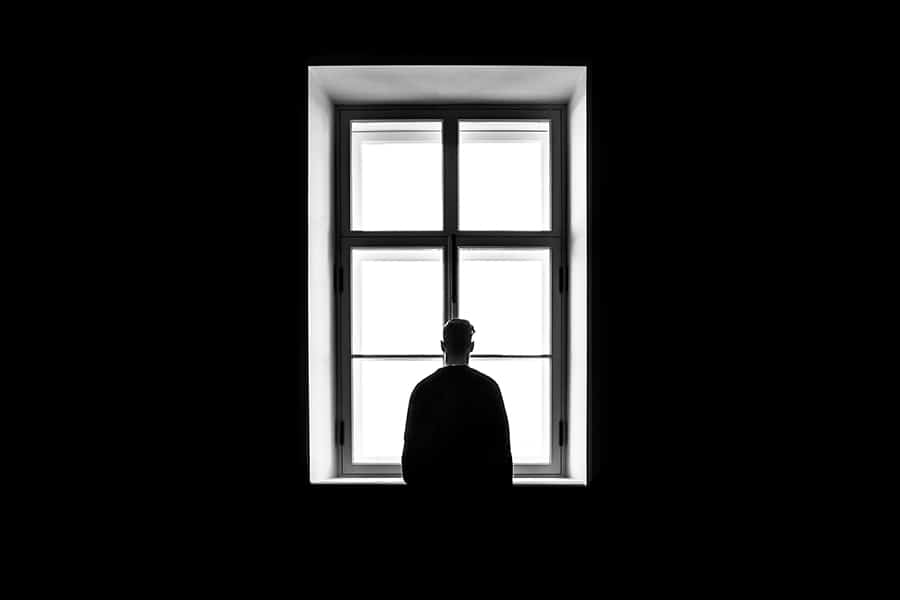Guest Article: How hearing loss increases loneliness and social isolation

When experiencing hearing loss, social situations can quickly switch from being enjoyable to daunting, as research collated by The Hearing Care Partnership (THCP) shows people who have hearing loss often feel lonely and are likely to skip social occasions as they no longer feel they can join conversations.
With more than half of the UK affected by hearing loss, around 40 percent say they have to repeat themselves or raise their voice in order to be heard (57 percent), according to research by MED-EL. Further data also shows 52 percent of Brits have a close family member that struggles with loss of hearing.
To tackle the feelings of loneliness and encourage families to stay connected to loved ones with hearing impairments, in this article, Group Head of Audiology at THCP Melanie Gregory delves into the effects of social isolation and what can be done to prevent this from happening.

Hearing loss can develop into loneliness as those with hearing loss begin to stay at home rather than risk a social situation where they will inevitably miss out on snippets of conversation or even mishear and fear they’ll say the wrong thing. People who have hearing loss may find that crowded environments with background noise are the most difficult places to hear speech and those who were quite outgoing, can quickly become more insular.
Depression
For someone suffering moderate hearing loss, it’s three times as likely to experience depression and five times more likely if you have a severe hearing loss. Becoming more isolated, seeing less of our friends and not doing the things we love can lead to mental health issues like depression. ONS research shows it has a measurable impact on your overall health, equivalent to smoking 15 cigarettes a day.
Dementia
People with hearing loss are also more at risk of cognitive decline and dementia. Hearing has been identified as the most significant modifiable risk factor for dementia, ahead of hypertension and obesity. Research from Action on Hearing Loss shows those who were obese had a 66 percent increased risk of suffering hearing loss for mid-frequency sounds than healthy-weight adults.
Balance and preventing falls
Our eyes and ears work together to help us stay balanced and steady on our feet. However, if one of those senses is impaired, our chances of falling increases.
Research suggests that the less you can hear, the less you move. Known as cognitive load, this is when so much attention and brain energy is spent on trying to hear, leaving the brain with less energy overall.
With better hearing results, people are more likely to do more, feel more confident, stay physically active and are less prone to developing chronic health conditions such as diabetes, stroke and cognitive decline.
However, it’s never too late for somebody to make lifestyle changes. Combining having regular hearing tests every year, here are three tips to help people with hearing loss avoid slipping into social isolation.
- Stay active: Just 30 minutes of activity a day can help promote mobility and health in later life. A brisk winter walk is highly recommended.
- Eat healthily: Individuals with hearing loss should opt for a healthy Mediterranean diet packed with fresh seasonal fruit and vegetables, complex carbohydrates, low salt and sugar content, and not too much meat.
- Stay connected: People with hearing loss should do things that give them joy and meaning, whether that’s playing tennis, taking up photography, or visiting places they love.
All of these things help people feel more positive. By looking after our eyes and ears, we can be ready for whatever comes our way — seeing things more clearly. Hearing and being heard. And enjoy more of the people and things that we love.
About THCP
The Hearing Care Partnership has more than 12 years’ experience of delivering hearing care.
Working with independent opticians and run by professional audiologists, it offers dedicated free hearing tests and tinnitus consultations, plus free hearing device aftercare. Alongside clinical expertise, it also offers hearing aids.

